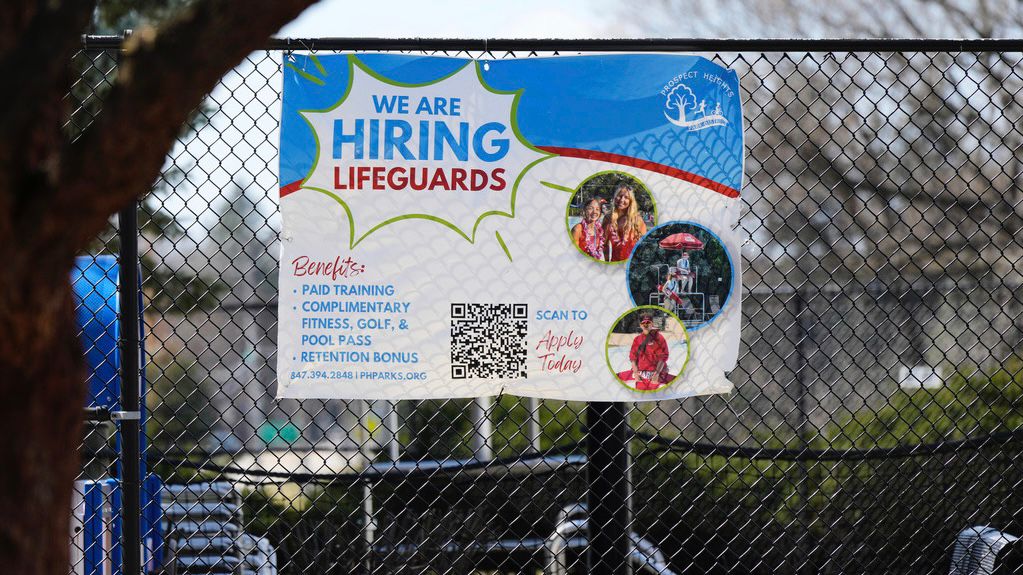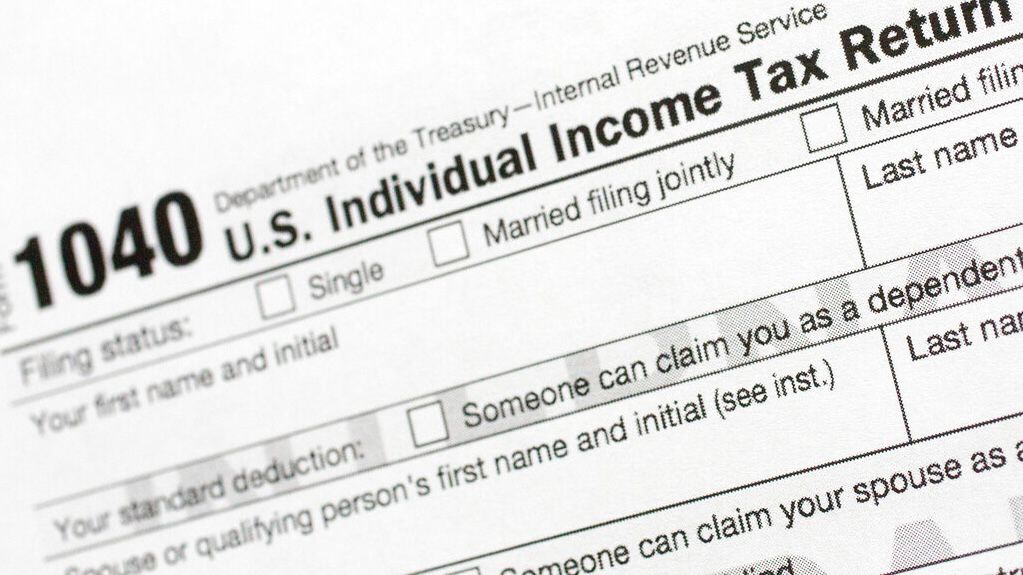NEW YORK — Americans expect inflation to rise and the job market to soften, according to the latest Survey of Consumer Expectations from the Federal Reserve Bank of New York.
More Americans now feel that unemployment will increase, job losses will accelerate and household income growth will deteriorate.
“Households were also more pessimistic about their year-ahead financial situations and credit access,” the Federal Reserve said in a statement accompanying the March results on Monday.
Additionally, Americans’ expectations for stock prices declined to their lowest level since June 2022, even before President Donald Trump announced reciprocal tariffs that sent global stock markets into chaos.
In one year, survey respondents said they expect median inflation to increase by 0.5% to 3.6%. They expect food prices to increase 5.2% one year from now and for medical care and rent to increase 7.9% and 7.2% respectively.
About 44% of Americans expect the unemployment rate will be higher in March 2026 — the highest reading the survey has measured since April 2020 when the COVID pandemic began. While the higher unemployment expectations represented all age, education and income groups, households earning less than $50,000 were most likely to report an increased probability of losing their jobs.
“Household financial outlooks are souring as consumers balance the potential impacts of new trade policies and great uncertainty,” NerdWallet Senior Economist Elizabeth Renter said in a statement following the survey’s release on Monday.
She said lower-income Americans are most likely to feel the direct and indirect effects of tariffs because they have less of a financial cushion than people who earn more money. For low-income wage earners, she said, “higher prices on the things they buy each day can carry significantly more pain.”
The latest Federal Reserve survey echoed preliminary April results from the University of Michigan’s Surveys of Consumers last week, which found American’s attitudes about the economy fell for a fourth straight month among all ages, income levels, geographic areas and political affiliations.











